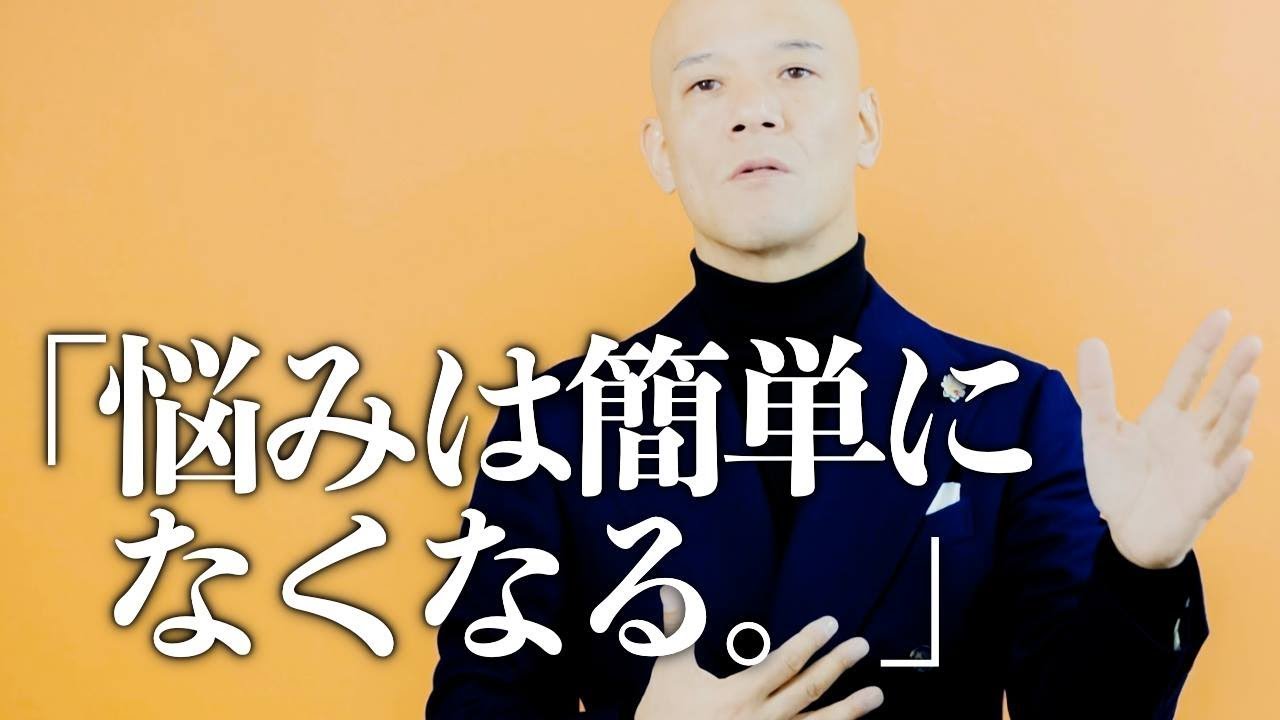NVIDIA CEOのJensen Huangが国立台湾大学の卒業式(2023年5月27日)で行ったスピーチ、日本語字幕付き。
Summary
TLDRNVIDIAの創設者であるスピーカーは、NTUでの卒業式で、自分のキャリアとNVIDIAの旅を振り返ります。彼は、台湾のDr. ChengがNVIDIAのCUDAを利用して自宅でスーパーコンピュータを構築した話や、1984年に卒業した当時の技術的な限界と、現在AIがもたらす無限の可能性について語ります。失敗から学び、戦略的撤退の価値を理解し、革新と持続可能な成功を追求する重要性を強調しています。AIの時代の到来とともに、新しい産業が生まれ、AIを駆使することの重要性を説きます。スピーカーは、卒業生に対し、変化を恐れず、熱意を持って新しい技術を追求するよう励ますメッセージを伝えます。
Takeaways
- 😊 NVIDIA started from humble beginnings in a Taiwanese professor's DIY supercomputer lab
- 😮 Early big failures taught NVIDIA perseverance and pivoting skills that were key to later successes
- 💡 Taking strategic retreats and giving up some opportunities paved the way for much bigger successes later
- 👨🏫 Mentors like Sega's CEO showed compassion that kept NVIDIA alive in tough times
- 🤝 Long-term partnerships with companies like TSMC were key to NVIDIA's rise
- ⚙️ Innovations like CUDA GPU computing and AI laid the groundwork for industry transformation
- 😎 Embracing deep learning and AI was a huge risk that paid off enormously for NVIDIA
- 🚘 Retreating from phones to bet on automotive and robotics created a new multi-billion industry
- 🔮 The AI revolution is just beginning - huge opportunities exist for fresh ideas and startups
- 🚴♀️ Graduates must run towards opportunities quickly and decisively to stay ahead of competition
Q & A
NTUでの訪問時、Dr. Chengが何を作成したか、そしてそれはどのようにしてNVIDIAの旅の初期例となったのか。
-Dr. Chengは、NVIDIAのCUDAを利用して、ゲーム用グラフィックスカードを使用した自家製スーパーコンピューターを構築しました。これは、量子物理シミュレーションのために彼の研究に革命をもたらし、NVIDIAの旅の初期の例となりました。
1984年には、どのような技術革新がPCおよびチップ産業の始まりを告げたか。
-1984年にIBM PCATとApple Macintoshが発売され、PC革命を起こし、今日私たちが知るチップおよびソフトウェア産業の始まりとなりました。
AIがどのようにして毎日の仕事を変革しているかの具体例を挙げてください。
-AIは、自動車の自動運転やX線画像の研究など、多くの業界でタスクの自動化を可能にしました。これにより、データエンジニアリング、プロンプトエンジニアリング、AIファクトリー運用、AI安全エンジニアなど、以前には存在しなかった新しい職業が生まれました。
NVIDIAの初期の失敗とその後の成功について説明してください。
-NVIDIAは、3Dグラフィックスにおける新しいアプローチである前方テクスチャマッピングと曲線を開発しましたが、この戦略が間違っていたことに気付きました。しかし、Segaとの契約解除とRiva 128の開発により、会社は市場に衝撃を与え、存続することができました。
CUDAがGPU加速コンピューティングの普及にどのように貢献したか。
-CUDAは新しいプログラミングモデルを作り、科学計算、物理シミュレーションから画像処理まで、さまざまなアプリケーションの加速を可能にしました。これは、既存の大規模なゲーマー市場を活用してCUDAの導入を加速し、最終的にはAI研究者によって発見されたことで、AI革命の火付け役となりました。
NVIDIAがモバイルチップ市場から撤退した理由とその結果は何でしたか。
-NVIDIAはモバイルチップ市場から撤退する戦略的決定を下しました。これにより、会社はロボティクス市場へと方向転換し、自動車およびロボティクス事業で数十億ドル規模の新たな産業を創出することに成功しました。
NVIDIAの創設者は、過去の失敗からどのような教訓を得ましたか。
-NVIDIAの創設者は、失敗を認め、謙虚に助けを求めることの重要性を学びました。これらの特性は、最も明るく成功した人々にとって最も難しいことですが、NVIDIAを救うのに役立ちました。
NVIDIAがAIと加速コンピューティングにおいてどのように業界をリードしているか。
-NVIDIAはCUDAの開発とGPU加速コンピューティングの先駆者として、AI革命の中心となりました。ディープラーニングの可能性を早期に理解し、企業全体をこの新たな分野の進展に捧げました。
NVIDIAの成功が台湾の企業にとってどのような意味を持つか。
-NVIDIAの成功は、台湾がコンピュータ産業の基礎であり、次の10年間で世界の従来のコンピュータを新しい加速AIコンピュータに置き換える機会があることを示しています。
将来の卒業生に対するメッセージとは何か。
-卒業生はAIの時代の始まりに立っており、すべての産業が新しいアイデア、彼らのアイデアによって革命を遂げる準備ができています。彼らには、情熱を持って追求し、AIと共に素晴らしいことを成し遂げる機会があります。
Outlines

Этот раздел доступен только подписчикам платных тарифов. Пожалуйста, перейдите на платный тариф для доступа.
Перейти на платный тарифMindmap

Этот раздел доступен только подписчикам платных тарифов. Пожалуйста, перейдите на платный тариф для доступа.
Перейти на платный тарифKeywords

Этот раздел доступен только подписчикам платных тарифов. Пожалуйста, перейдите на платный тариф для доступа.
Перейти на платный тарифHighlights

Этот раздел доступен только подписчикам платных тарифов. Пожалуйста, перейдите на платный тариф для доступа.
Перейти на платный тарифTranscripts

Этот раздел доступен только подписчикам платных тарифов. Пожалуйста, перейдите на платный тариф для доступа.
Перейти на платный тариф5.0 / 5 (0 votes)






